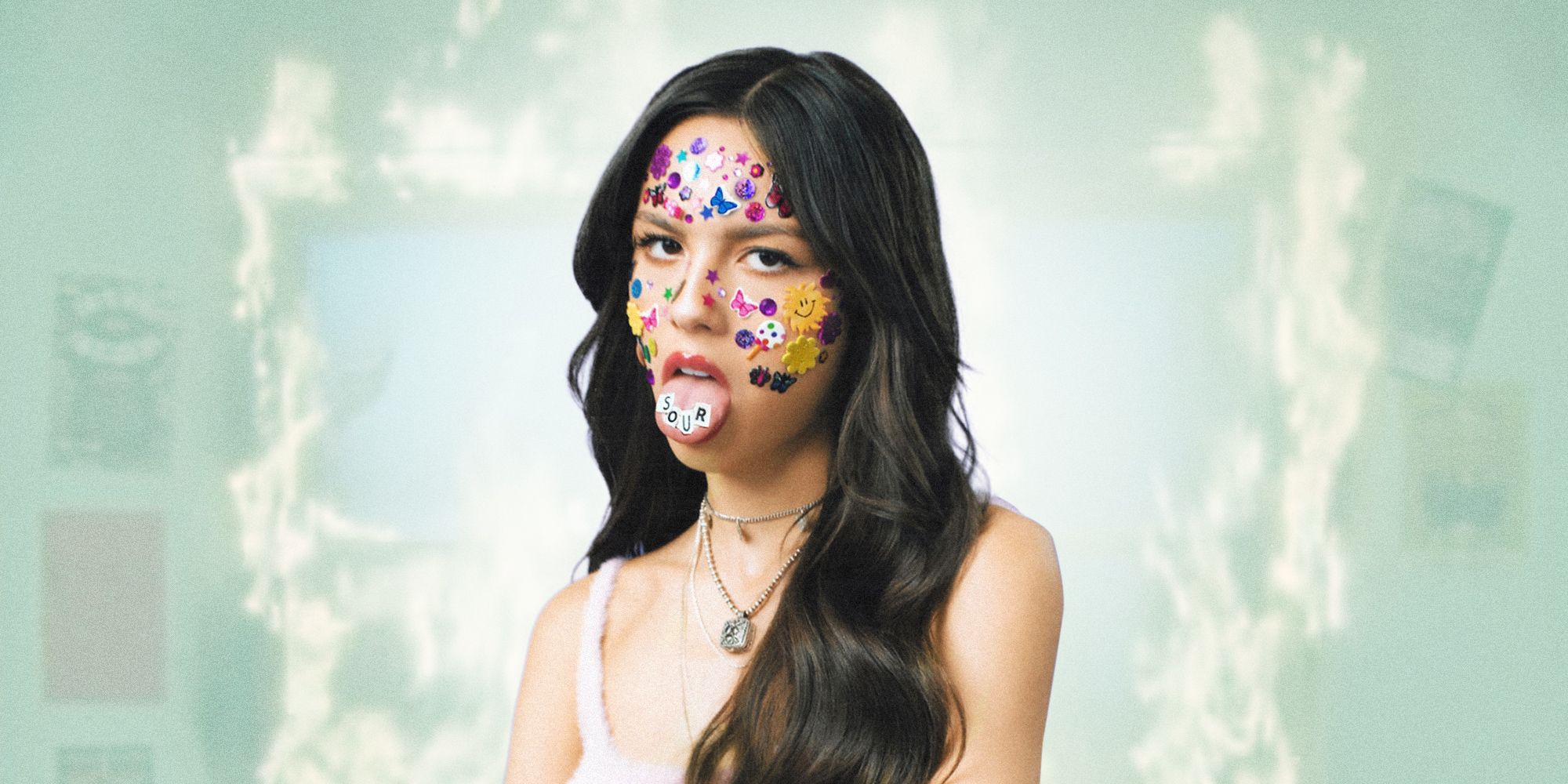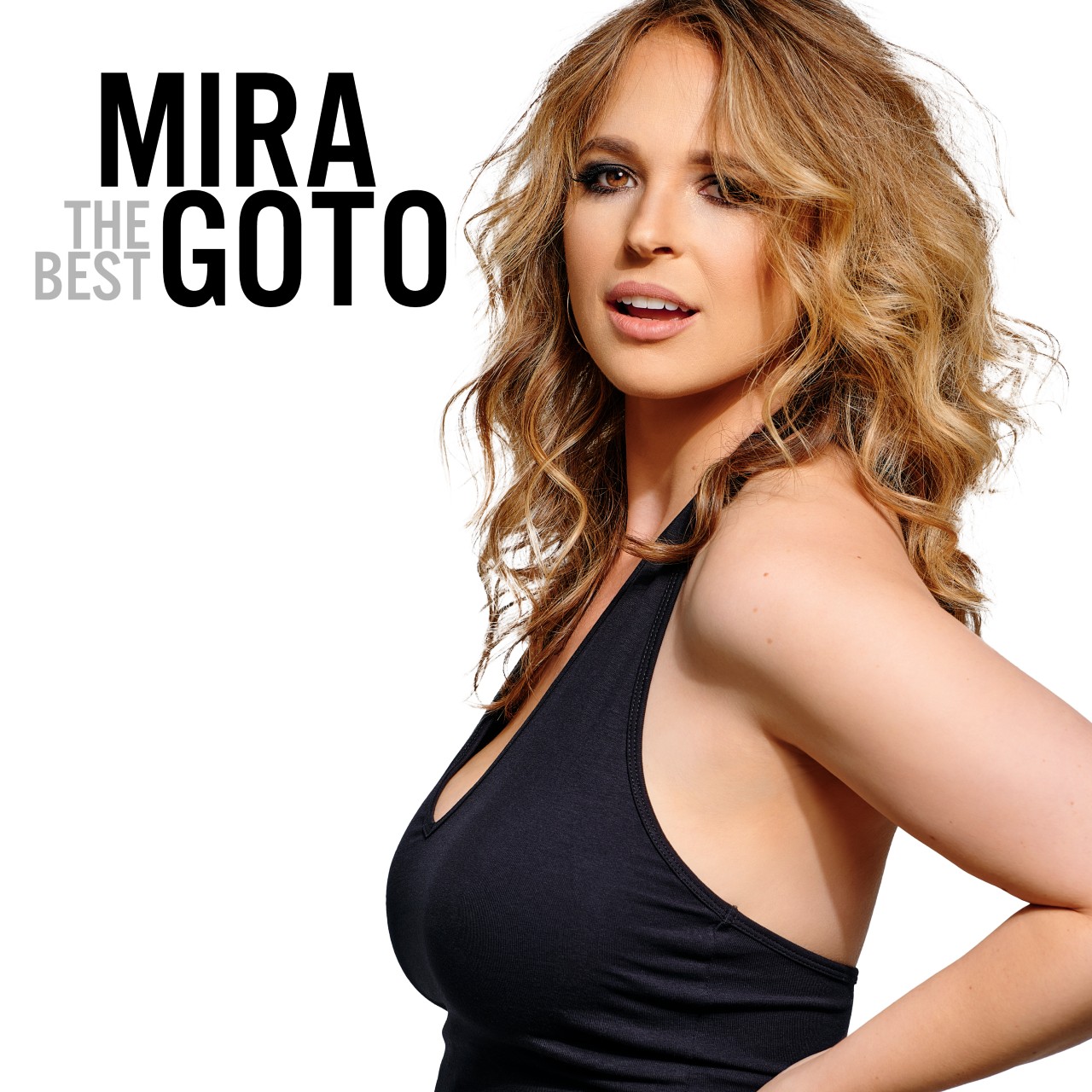Months after the initial release, Olivia Rodrigo has quietly added Hayley Williams and Josh Farro of Paramore to the list of songwriters for the song “Good 4 U” alongside herself and producer Daniel Nigro. The change occurred on ASCAP on Tuesday, August 24th, 2021 after listeners noticed the melodies of Rodrigo’s song and 2007 hit “Misery Business” by Paramore sound alike.
Williams reacted to being given songwriter credits over her Instagram story on the 24th as well. “Good 4 U” is not the first song to have the list of songwriters updated, however. In July of this year, Rodrigo’s songs “Deja Vu” and “1 Step Forward, 3 Steps Back” also awarded songwriting credits to powerhouses Taylor Swift and Jack Antonoff after critics found the songs to be interpolations of Swift’s songs “Cruel Summer” and “New Years Day” respectively.
According to Songtrust, the difference between sampling a song and interpolating a song is that when sampling, you “Must get permission for a master use license from the owner of the master recording… and permission for a copyright license from the owner of the underlying composition.” When interpolating a song, you “Only need to get permission from the owner of the underlying composition since you are just featuring the underlying composition — not the original recording — in your new song.” This means that Rodrigo could have easily rephrased the lyrics of the aforementioned songwriters and classified them as her own. Rodrigo has mentioned several times before in interviews that she takes inspiration from Taylor Swift and Hayley Williams.



